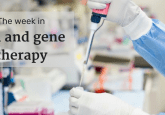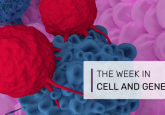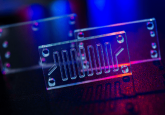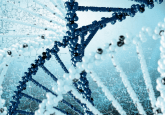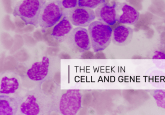Top 3 grants in regenerative medicine: May 2023
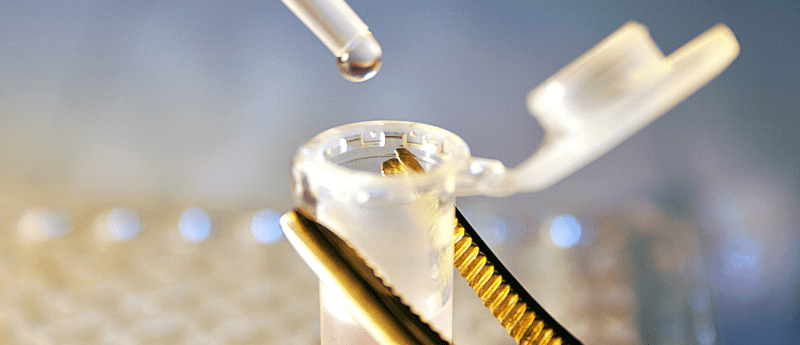
This month’s top grants in regenerative medicine, sourced from Dimensions, include projects on: high-resolution lineage tracing of developmental hematopoiesis, ROS signaling in wound healing versus tissue repair and microglia engineering and replacement to treat brain disease.
High-resolution lineage tracing of developmental hematopoiesis
This project aims to investigate the developmental origins of hematopoiesis as, at present, there is limited data analyzing the long-term fate of the earliest hematopoietic progenitor cells and a lack of understanding of where the cells that become lifelong progenitors originate. Novel strategies, including the use of in situ mammalian barcoding, will be employed to perform lineage tracing at the single-cell level. Uncovering the basic mechanisms of blood development will provide avenues for future investigation and could uncover potential opportunities for therapeutic manipulation.
Funding amount: US$777,500
Funding period: 5 May 2023 – 28 February 2027
Funder: National Heart Lung and Blood Institute (NHLBI)
Research organization: Boston Children’s Hospital (MA, USA)
ROS signaling in wound healing vs tissue repair
It has been established that reactive oxygen species (ROS) are important for wound healing, however, current data indicate that ROS have both positive and negative impacts. Additionally, it is not entirely clear whether wound healing and regeneration are independent processes. Preliminary data suggests that different ROS signaling pathways exist for wound healing and regeneration and, based on this, this research project aims to pinpoint the differences in these ROS signaling pathways and investigate how they can be manipulated to regulate wound healing and tissue repair. In the long term it is hoped that advancing the understanding of how ROS is implicated in these processes will enable the identification of new targets for treatment for impaired wound healing and fibrosis and improve current therapy options.
Funding amount: US$444,329
Funding period: 1 May 2023 – 30 April 2026
Funder: National Institute of General Medical Sciences (NIGMS)
Research organization: Western Michigan University (MI, USA)
Microglia engineering and replacement to treat brain disease
The goal of this research is to establish an approach for the specific and near-complete replacement of embryonic microglia with adoptively transferred progenitors, which could transform how many brain diseases are treated. The research will then combine iPSC differentiation with genetic barcoding, single-cell analysis and in vivo screening to identify progenitors that can successfully traffic to and engraft in the brain. Additionally, with the intention of utilizing transplanted microglia as a treatment for neurodegenerative diseases, the research team will investigate methods for transforming these cells into local protein production factories.
Funding amount: US$2,222,071
Funding period: 1 May 2023 – 30 April 2028
Funder: European Commission (EC)
Research organization: Vrije Universiteit Brussel (Brussels, Belgium)
Brought to you with support from:

